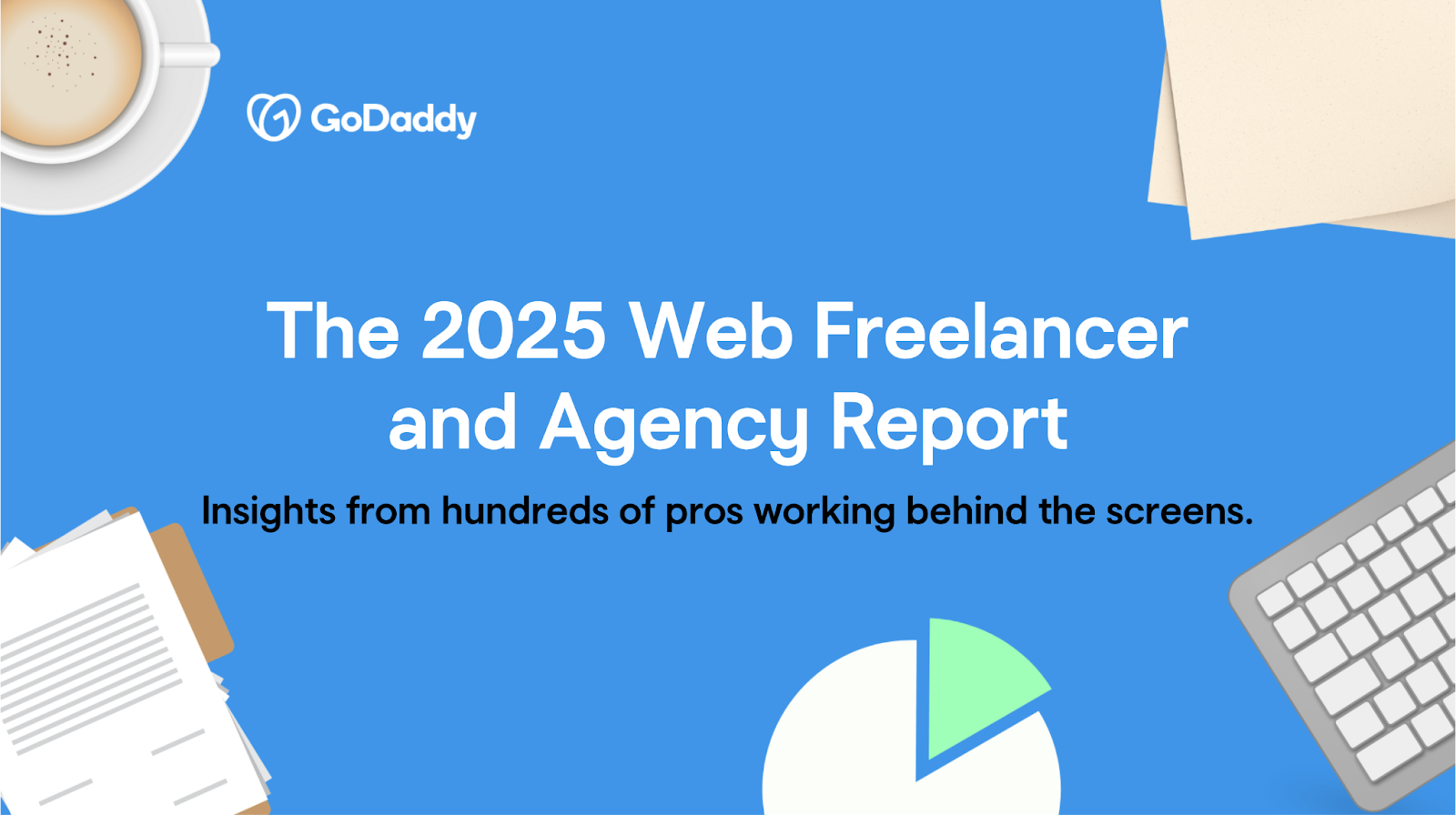Do you feel pangs of jealousy every time you see a big business getting news coverage on major websites through public relations?
Do you wonder why one of your rivals is regularly featured as an expert in industry publication, but you're never mentioned?
Does it feel like this "free" publicity is something you'll never be able to achieve, no matter how much you crave it?
If the answer to any or all of these questions is yes, then this guide on how you can do public relations is for you. We can't promise that it will help you get your business featured in the Financial Times, but it should help you understand how you can secure high-quality coverage on relevant websites and publications.
Understanding what Public Relations is (and isn't)
You probably noticed that the word free appeared with inverted commas around it a few sentences back. That's because the idea that public relations is a way of getting free publicity is a huge misconception.
After all, how often can you get something for nothing? There are people who think that all you need to do to get press coverage is write a 500 word press release and fire it out to as many journalists as possible, then wait for the articles to come flooding in.
This approach won't work and it never will. Why?
Because public relations isn't (just) a way for you to promote your business. Public relations is actually the creation of a mutually beneficial relationship between you and a journalist.
Public relations is the creation of a mutually beneficial relationship between you and a journalist.
For public relations to work, you need to be able to provide a journalist with information that will allow them to create a quality story that will please their readers and their editor. In return, you'll get mentioned in a publication that's read by potential customers.
The reason that public relations isn't free publicity is because you'll need to spend time and often money so you can provide the kind of information a journalist is looking for.
We'll look at the ways you can come up with the right information later in this guide, but first let's consider what journalists are actually looking for in a story.
What do journalists look for in a story?
Now this is a very broad question, and the short answer is "it depends". Clearly, no two journalists will ever be looking for the same thing in a story and you can't really know for certain what their criteria are.
But there are ways for you to identify what a particular journalist might want from a story, so let's take a look at those factors.
- Relevant to their interests - No journalist will write about every topic under the sun, so if someone approaches them with a story on a topic they don't cover, they're not going to be interested.
- Relevant to their audience - Every publication has a target audience of some kind, its writers will be keen to find stories that match the interests of that audience.
- Relevant to the area their publication covers - Most publications will cover a certain geographic area and its journalists won't be interested in stories that fall outside that area.
- Newsworthy - There are several factors that make something newsworthy, but the two that are likely to be of most interest to you as you try to attract press coverage are timeliness (ie something that is new) and the human interest approach (something that seeks to inform or entertain).
So now you know the basics of what journalists are looking for in a story, you can start to develop some ideas for a press campaign that will secure you coverage.
How can I generate ideas for a Public relations campaign?
One of the biggest mistakes that small businesses make when coming up with ideas for a public relations campaign is falling back on the idea that their company/product is inherently interesting to journalists.
Sadly, unless you're doing something truly innovative then most journalists will receive scores of product launch press releases from businesses like yours every day.
Most journalists will receive scores of product launch press releases from businesses like yours every day - you need to stand out
That means your business needs to stand out from the crowd. Here are the two easiest ways to do that if you're just starting out with public relations.
- Conduct original research - If there's one thing journalists love, it's research. It's so easy to build a good story out of interesting statistics, so if you're able to conduct a survey that gives new insight into an area that's related to your business, then you'll find it much easier to get press coverage from relevant publications. And conducting research doesn't have to be expensive. You can use Google Surveys for just a few pence per respondent.
- Hold events - Your business in itself might not be newsworthy, but an event held by your business can attract the attention of journalists. Charitable events tend to be of more interest, so if there's a cause you're passionate about, why not hold a fundraising day and invite the press along? You shouldn't expect to attract national news coverage this way (unless you do something truly remarkable), but it's a good way to attract the attention of local and industry publications.
From these two basic concepts, there's the potential to come up with hundreds of ideas - especially through conducting original research. In fact, next time you're looking through a publication that covers your industry, look and see how many stories fall into one of these two categories. That should give you an idea of the power these ideas have.
How can I approach journalists in the right way?
The hard truth about public relations is that even if you have a great story to tell, journalists won't be interested in it unless you present it in the right way.
Here are some tips to help you cut through and make sure you get journalists interested.
- Tailor your campaigns to certain publications/writers - We've already talked about how publications and journalists have specific interests, so make sure you take advantage of that and tailor all your campaigns so they target certain publications/writers based on what they cover. You may find it easier to draw up your list of targets first and then come up with an idea that will interest them, rather than doing things the other way other. (We've assumed that you want to target publications/writers you're already aware of, but if you want to track down new journalists and other influencers, check out this guide.)
- Network - You'll find it easier to get attention from journalists if they're already aware of who you are. In person networking is great, if possible, but even online networking will help. You'll find most writers have social media profiles listed alongside their articles, so use them to connect. Remember, you're not going to use these channels to pitch your ideas, but to make them aware that you exist and have useful, interesting things to say.
- Understand how news articles are written - Even if your press release contains a really interesting story, you won't get press coverage from it if the best bit is buried halfway down the page after a three paragraph adverts for your business. Instead, structure your press releases like a news story - that means including the most interesting fact in the headline and first line of your release, and then expanding on that information as you go. Details about your business should be left until the end. Oh, and the whole thing should fit on one side of A4.
- Don't forget your contact details - If a journalist is interested in your story, they won't want to have to hunt around for contact information. So make sure they can ring or email you quickly. It sounds obvious, but people often forget.
- Target your pitches - Tempted to send your press release to every publication under the sun? If you've read this far, you should already know that's a bad idea. Instead, write targeted, personalised emails to accompany your press release. They only need to be a few lines long, and make sure you include a quick summary of why your story will be of interest to the journalist and their readers.
- Follow up - Don't go absolutely crazy and send your press release every day until you hear back, but a quick email a few days later can help you pick up coverage you might have missed out on.
- Develop a lasting relationship - Don't view press coverage as a one shot thing - build lasting relationships with journalists, that way you can become the kind of go-to expert you currently envy.
Summing up
Hopefully this guide should have inspired you to try public relations for your business, and given you some tips on how to get started. Remember though, you should treat a public relations campaign like any other kind of campaign, so that means you need to set goals and track results so you understand what worked and what didn't. Good luck!







